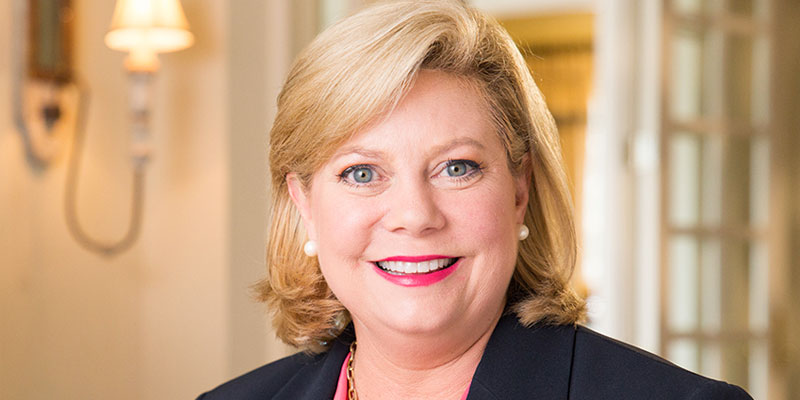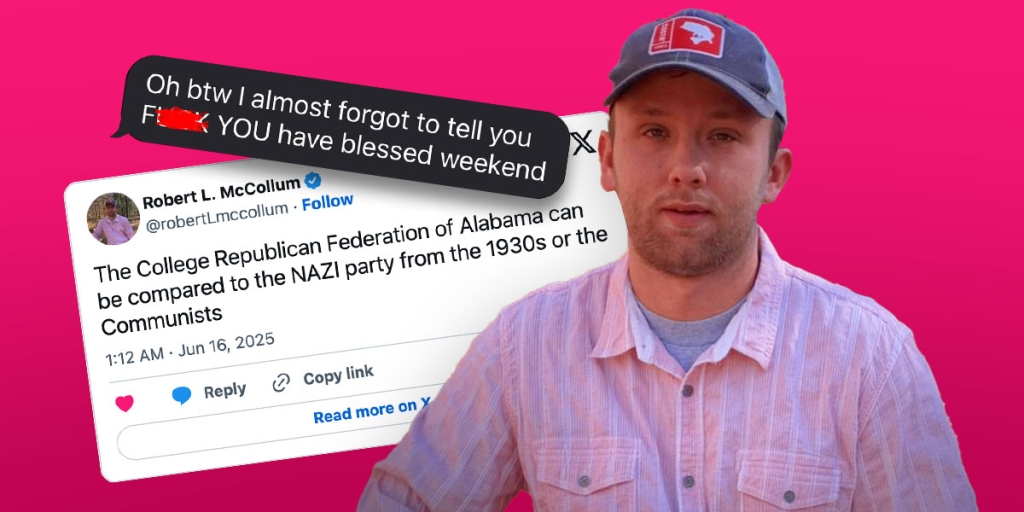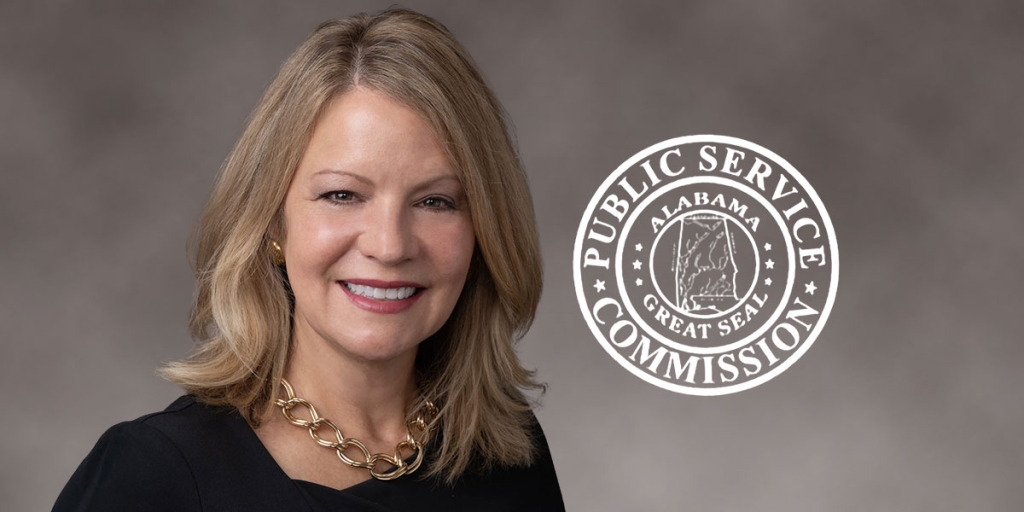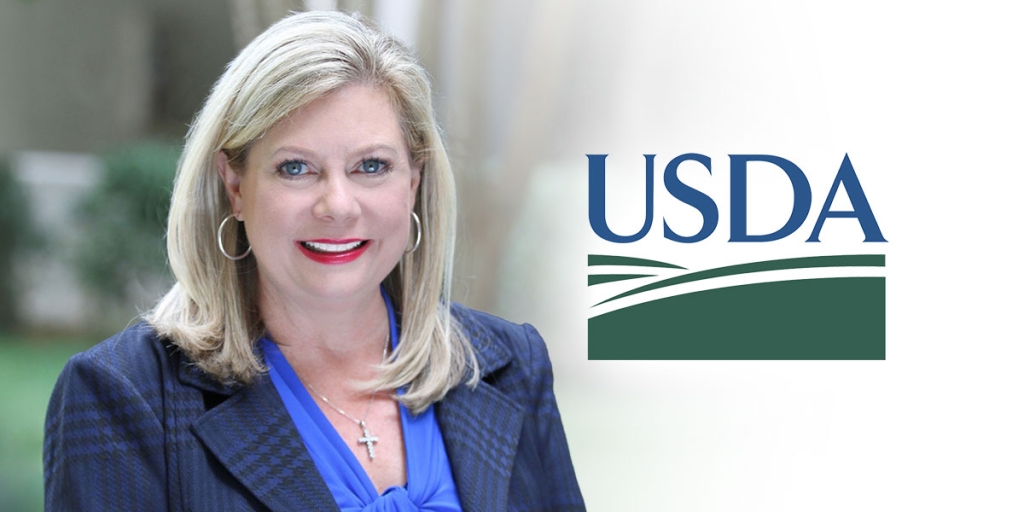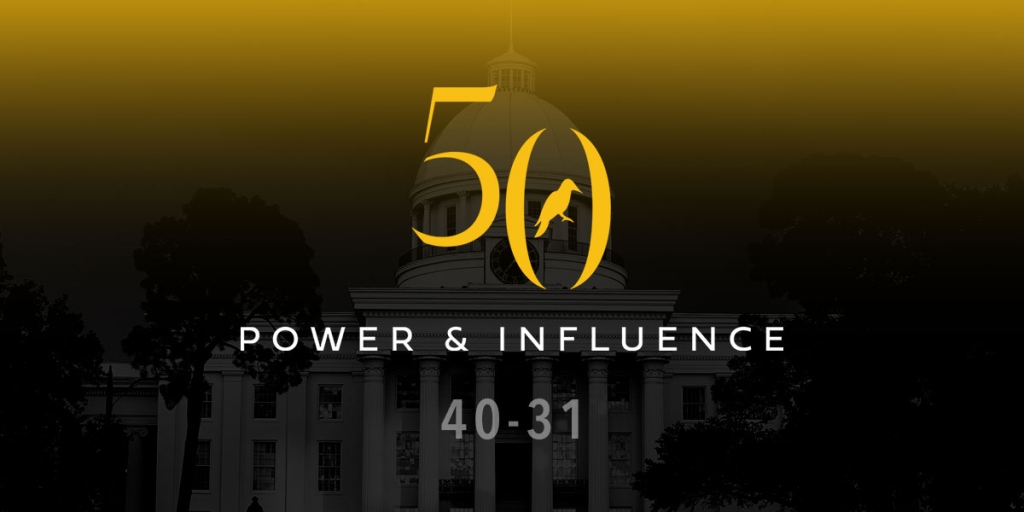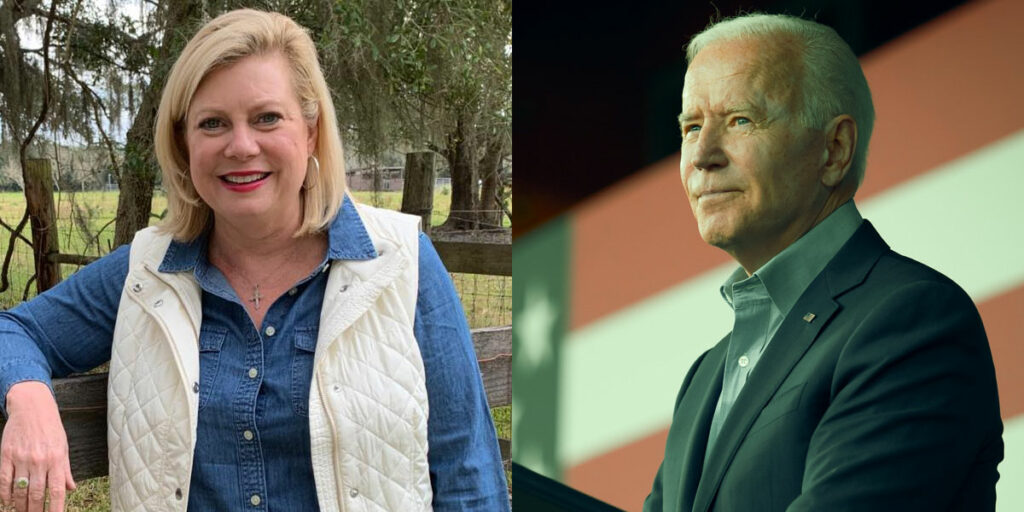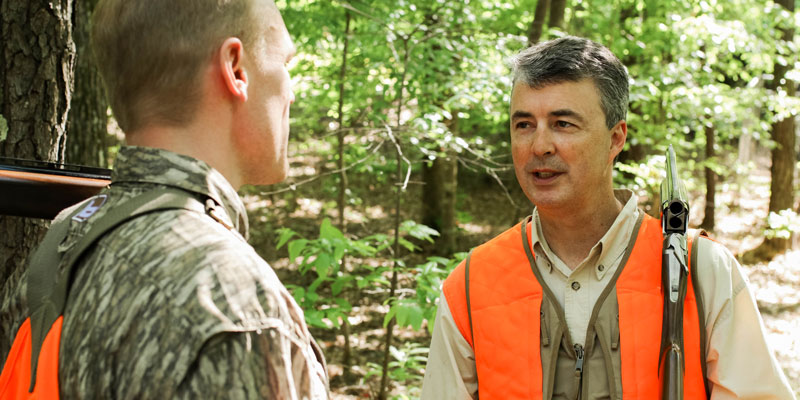Twinkle Cavanaugh, president of the Alabama Public Service Commission and a candidate for the Republican Party’s nomination for lieutenant governor, recently responded to the questionnaire prepared by the Alabama Policy Institute and Yellowhammer News. Her answers are below.
POLITICAL PHILOSOPHY AND PRINCIPLES
Question: What is your political philosophy and, if elected, how would it shape the way you lead as lieutenant governor?
Cavanaugh: Since casting my first vote for Ronald Reagan in 1984, I’ve embraced the conservative principles of smaller government and fiscal responsibility. As a born-again Christian, I believe that elected officials are called to be good stewards of the taxpayers’ money. There is no higher calling in public service than keeping a careful watch over every single cent sent to the government. I want all state agencies to follow the example we set at the Public Service Commission by examining their budgets line by line and eliminating wasteful spending.
Since last January, I have traveled well over 50,000 miles on my personal vehicle while meeting, speaking with, and listening to thousands of Alabamians. I strongly believe that Alabama’s brightest days are ahead and am firmly committed to bringing this positive vision to fruition.
How have you demonstrated your commitment to your political philosophy?
I brought my conservative principles to the PSC where I led by example, cutting staff by 38% without firing anyone, reducing the number of state cars by 59%, turning down a state car for myself, and shrinking my personal office space by 2/3. Over the past 7 years, I have “rightsized” the PSC and reduced overall spending by 30%. This has saved the taxpayers over $50 million and will continue to save our state over $10 million annually. In 2017 alone, the PSC returned a record $13 million to the general fund.
No one knows the true magnitude of wasteful spending across state government right now. As Lieutenant Governor, I will make it my mission to give the people of Alabama a full accounting of all state agencies. Once we know where we stand, we can go in and rightsize like we did at the PSC. We have critical challenges facing our state, and we must ensure we are spending all tax dollars properly.
What should be the role of the lieutenant governor?
I understand the role of the Lieutenant Governor in helping move our state forward. Besides calling the balls and strikes in the Senate, the Lieutenant Governor’s job is much like being a second-string quarterback. I am committed to helping the leadership triangle of the Governor, Senate President Pro Tem, and Speaker of the House succeed. We need someone that will work with these leaders to advance a conservative, pro-jobs agenda. Whether it is going on a 67-county tour to speak in support of the conservative agenda or assisting the governor with industrial recruitment, I will help the team move our great state forward.
What is the most challenging social issue facing families in Alabama? Does government have a role in helping to solve that problem, and if so, what would you propose?
Abortion is the most heinous social problem of our time. I am staunchly pro-life and strongly believe that abortion is murder. I went door-to-door campaigning for President Trump because I knew that the balance of the Supreme Court and the lower appellate courts was at stake. By defeating Hillary Clinton and ensuring conservative, pro-life judges are appointed, we are close to Roe v. Wade being a thing of the past. We, as conservatives, must continue to proudly fight for the unborn, from grassroots activism all the way to public policy changes. I support legislative and executive actions that reduce and ultimately end abortion; we must continue to think outside of the box to save lives.
I am proud to have the endorsement of the national pro-life group Susan B. Anthony List and view it as a moral duty to stand up for my pro-life values at every opportunity.
ETHICS
According to the Center for Public Integrity, Alabama receives a D+ grade for integrity. When the state is in the national news, it is often because of a lack of ethical behavior by state officials or candidates. How would having you as Lieutenant Governor improve our state’s image nationally and, more generally, what suggestions do you have to ensure integrity throughout the state government?
First, Governor Ivey should be applauded for steadying the ship of state and making us proud of our leadership team once again. I want to help continue the charge to restore Alabama’s image and rebuild trust in state government. We live in a state brimming with potential, full of smart, hardworking, God-fearing people; and there isn’t anything we can’t do when we put our minds to it. But people are tired of the surprises and embarrassments from politicians who say one thing and then do another. We deserve leaders who don’t just talk the talk- we need leaders who prove themselves through their actions.
I have led by example at the PSC, where we passed the strongest ethics package in commission history right after I was first elected (before the state legislature took up ethics changes). Public servants are elected to serve, not be served. That’s the philosophy I have followed and will continue to follow. Ultimately, it is hard to fully legislate ethics; you need to have trust in the elected person’s intentions. I still remember what my dad told me when I was first elected: “Twinkle, you’ve always paid your own way. You buy your own breakfast and your own supper. You pay for your own car and expenses. Don’t let being elected change anything about you or how you live your life.” I’ve taken that to heart, and to this day, I don’t accept anything from anyone except publicly disclosed campaign contributions- not even a cup of coffee.
Strong ethical leaders are also key for economic growth. Businesses need integrity, predictability, and certainty to succeed, not instability.
As Lieutenant Governor, you will be responsible for appointing more than 400 people to state positions. How can Alabamians be sure that you will appoint qualified and experienced candidates and not simply supporters from current or previous electoral campaigns?
Through my experience serving as Chairman of the Alabama Republican Party, along with my time spent fighting in the trenches for conservative causes, I have developed relationships in all 67 counties. It is important that the next Lieutenant Governor have statewide networks to lean on when vetting and ultimately selecting people for these hundreds of important boards and commissions. We have a big state, full of knowledgeable stakeholders. Our leaders have a responsibility to pick candidates who will help move our state forward, and I am committed to utilizing my background in small business and public service to accomplish this.
EDUCATION
PUBLIC EDUCATION
Alabama is ranked number forty-seven on U.S. News and World Report’s list of Best States for Education, and ranked number 1 in Pre-Kindergarten quality. As far as public education reforms, there have been many suggestions for improvement including increased investment in STEM education, distance learning, and reforming teacher tenure. What reforms would you propose or support to improve public education and prepare Alabama’s children for school success and lifelong learning?
We’ve made progress in some areas, but there’s so much more to do when it comes to education. We aren’t just competing against other states anymore. We must continue investing in pre-K and early elementary education while at the same time giving our children a strong finish.
By 2020, 62% of available jobs in Alabama will require some type of post-secondary education. I like to call this the “13thgrade.” Whether it is a certificate, credential, 2-year college degree, or a 4-year degree, our children will need to compete for quality, high-paying jobs. Right now, only 37% of our workforce meets this criterion. This is nowhere near good enough, so focusing on a strong finish to our children’s education is much-needed for not only our families but Alabama’s economy, too.
For some of our students, that means a college degree from one of our world-class colleges or universities, but for many, it means getting a technical certification or job training. Workforce development programs, technical schools, public-private partnerships, and dual enrollment programs with local community colleges will prepare our children for good, high-paying jobs and make Alabama an attractive place to start or grow a business. The bottom line is that each child should be equipped for and allowed to choose his or her own path to success.
EDUCATIONAL CHOICE
In 2015, Alabama became the 43rd state to approve legislation to authorize charter schools. Many states now allow parents to transfer their child from a failing public school to a non-failing public school, to utilize education savings accounts or school vouchers, or to send students to alternative schools using tax-credit scholarships, allowing parents greater control in their child’s educational endeavors. How should educational choice fit into Alabama’s education system?
For far too long, Alabama has ranked nearly last in the country in education. Our children are our most valuable resources, and they deserve nothing less than the absolute best. As a former teacher, I know that it is well past time that we turn things around and compete for number one instead of settling for forty-seventh. We need an educational renaissance in our state, and every option at our disposal should be utilized- including school choice. We need to ensure that our public education system is top-notch. Public education must be properly funded, including treating and paying our teachers as the true professionals they are. However, when an area’s public school is failing the community and its students, we cannot let a generation of children suffer. School choice is a vital safety net- an oasis in the system in which at-risk students can excel. The competition that charter, private, parochial, and vocational schools provide is also useful in pushing public schools to higher standards.
FISCAL RESPONSIBILITY
TAX CODE
In Alabama, the bottom 20% of earners pay 10% of their income in state and local taxes while the top 1% only pays 3.8% of their income in the same taxes. If elected, what would you propose be the future of the state income tax and do you see this disparity as a problem?
My background in public service informs my core belief that government should do the best job with the least amount of money. Having owned a small business, I have signed both sides of a paycheck and understand that Alabamians already send enough of their hard-earned money to Montgomery. I served as the State Director of Citizens for a Sound Economy, helping to push President George W. Bush’s tax cuts through Congress. Alabama families can, and deserve to, spend their own money better than Montgomery can.
I’m also proud of my work over the last seven years at the PSC in helping to keep taxes low. I work with great commissioners and employees who are as dedicated as any public servants and employees I’ve ever known. I’ve asked a lot of them as we’ve trimmed the fat in our budget and slashed expenses by 32% – or $3.2 million annually. Every dollar we save at the PSC allows the state legislature to appropriate those dollars to other areas of need, like infrastructure, education, mental health, and law enforcement. As a result, our savings at the PSC help keep taxes and fees as low as possible in Alabama.
STATE AND LOCAL TAXES
According to the Institute for Taxation and Economic Policy, Alabama boasts the 12th most regressive state and local tax system in the nation. One contributor to this ranking is our combined 9% grocery tax (only four states tax groceries more than Alabama). In 2017, Governor Bentley proposed decreasing the grocery tax by 4%. If you are elected, would you suggest changes to the grocery tax?
I’ve said it before, but I cannot stress enough how much President Trump’s tax cuts are helping our state. This is one of the core reasons why I went door-to-door campaigning for him. Recently, these massive tax cuts allowed us at the PSC to return $337 million back to Alabama Power ratepayers over the next two years alone. I will support tax cuts whenever possible. The more money back in the pockets of hardworking Alabamians, the better.
INFRASTRUCTURE INVESTMENT
US News ranks Alabama’s roads and bridges as the 16th and 21st best in the country, respectively. Even so, every neighbor of ours—except Mississippi – has roads and bridges that rank in the top 10. Alabama also ranks 45th in terms of broadband access. If elected, what would you prioritize as the most important infrastructure investment projects, and what innovative options would you propose to fund such projects?
Infrastructure is the backbone of commerce. So many of our roads and river ways need work. And it is our duty to provide job creators with high speed connectivity, low-cost electricity, and a dependable network of roads, bridges, and waterways, so they can thrive and create new jobs.
When I grabbed the reins of the PSC, we had 119 employees. I undertook a careful analysis and learned we could do the same job, probably better than ever before, if we sharpened our staff and reduced the headcount. Without firing a single employee, the PSC now has 72 employees, down more than 39% from when I got there. As employees retired or took other positions outside of the commission, we reorganized, retrained, reduced our numbers, and remained laser focused on making sure the commission continued its inspections and regulatory functions without missing a beat. We are saving $10 million annually because of the rightsizing we’ve done at the commission, without sacrificing our pipeline and railway safety duties. Imagine the money we can save throughout state government if all agencies did the same thing- there is untold money being wasted every year that should be going to much needed priorities like infrastructure. Until we do a full accounting throughout state government, we will not know how much money we have in Montgomery to invest in infrastructure.
STATE-RUN LOTTERY
Most states resort to installing a state-run lottery to increase revenue and pay for government projects. Do you support a lottery to solve the state’s fiscal woes? Why or why not?
As Lieutenant Governor, I believe that my role in the State Senate is to be the “umpire” calling the balls and strikes. People across Alabama elect their legislators to represent them in the House and the Senate, and their voices deserve to be heard fairly and fully on all issues. If the legislature votes to send a lottery bill to the people as a constitutional amendment, it will be the people of Alabama who get the final say.
FEDERAL DEPENDENCY
Alabama is currently the fourth most federally dependent state in the country. What do you think should be the federal government’s role in our state finances?
Federal funding is extremely important to our state, but we cannot allow ourselves to be tied into knots by the strings often attached to these funds. I believe that we need to take full advantage of the Trump Administration’s conservative policies, including any matching money that could soon become available for infrastructure. It is our tax dollars that help fund the federal government, so we need to do everything possible to bring this money back to Alabama from D.C.
THE RIGHT TO WORK
JOB CREATION
The Census Bureau suggests that Georgia, Florida, and Tennessee are creating more jobs than Alabama. As lieutenant governor, how would you foster job creation that rivals our neighbors to the north, east, and south?
As your Lieutenant Governor, I will make job creation my number one priority and do everything I can to create an environment where small businesses, farmers, and large corporations can grow and thrive, so that everyone can get a quality, high-paying job of their choice.
By focusing on these five pillars of growth, we will grow our economy and build a brighter future for Alabama families.
First, we need honest, capable leadership in government. Businesses need integrity, predictability, and certainty to succeed, not instability.
Second, we need to fix Alabama’s infrastructure. Infrastructure is the backbone of commerce. So many of our roads and river ways need work. And it is our duty to provide job creators with high speed connectivity, low-cost electricity, and a dependable network of roads, bridges, and waterways, so they can thrive and create new jobs.
Third, Alabama must offer high-quality, affordable healthcare. We do this by fully repealing Obamacare, eliminating waste and fraud, and putting doctors and patients in charge, not bureaucrats. We must end healthcare mandates and continue to push back on federal over-reach, because Nancy Pelosi shouldn’t tell a doctor in Clarke County how to do his or her job.
Fourth, we need regulatory reform. Government doesn’t create jobs, businesses do. So, government needs to get “out of the way” and let job creators do what they do best. Government needs to start moving at the speed of business and end burdensome regulations.
Finally, we must fix our education system. We’ve made progress, but there’s so much more to do. We aren’t just competing against other states anymore, we are part of a modern economy. We must invest in pre-K and early elementary education while at the same time giving our children a strong finish. Workforce development is absolutely key to economic development.
ROLE OF LABOR
Alabama is a right-to-work state. In your opinion, what is the proper role of organized labor and should Alabama remain a right-to-work state?
Simply put, I want Alabama to be the most business-friendly and worker-friendly state in America. We currently have tremendous working relationships between organized labor and business management, and we need to keep it that way.
OCCUPATIONAL LICENSING IN ALABAMA
The state of Alabama licenses 151 different occupations and over 20% of Alabama workers need a license to work. If elected, how would address these regulations—regulations that both the Obama and Trump administrations have regarded as problematic?
We need a one-by-one audit of all occupational licenses in our state. Frivolous regulation hinders job creation and economic growth, holding our state back. President Trump understands this, and that’s why our national economy is booming.
CRIMINAL JUSTICE
OPIOID EPIDEMIC
According to the CDC, Alabama is the state highest-prescribed with opioids, with more prescriptions than people. Opioids are the main driver of overdose deaths and, in 2016, 756 Alabamians died from drug overdoses. As lieutenant governor, how would you help the governor tackle Alabama’s share of this national crisis?
The Lieutenant Governor should work with the Governor and the Attorney General at every turn to help end this devastating epidemic. We have seen constructive initial steps with informed stakeholders putting their heads together on the Opioid Overdose and Addiction Council. Now, we must keep pushing and change the culture in our state regarding opioids. I will support the Council’s efforts in every way possible as Lieutenant Governor.
CRIME PREVENTION
Alabama has the third highest murder rate in the country. As lieutenant governor, how would you address crime and what policies, specifically, would you propose?
I strongly oppose sanctuary cities and illegal immigration and support securing our border- including President Trump’s Wall. As a mom and a grandmother, safety is at the top of my priority list. Our children and grandchildren deserve the best, and safety must come first. We need to hold dangerous criminals responsible to the fullest extent of the law, and rehabilitate non-violent offenders who can become productive citizens instead of a drain on our tax money.




